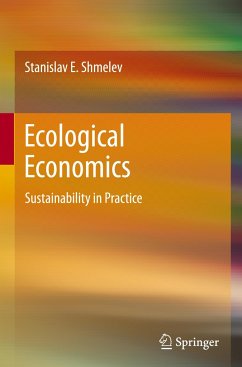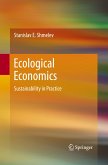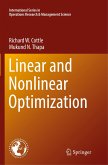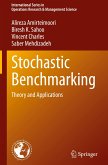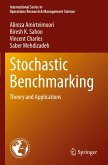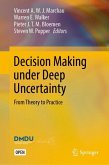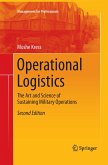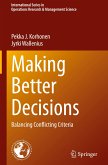This book is devoted to the MSc and first year PhD students reading for degrees in Environmental Change and Management, Ecological Economics, Environmental Management, Philosophy, Politics and Economics and taking part in similar programmes. The current text is designed to be a concise, crisp, and elegant guide packed with references for students with some background in economics, environmental science or mathematics aimed at developing their analytical skills required for redirecting our development path towards sustainability in government, international organizations, academia, non-profit sector and business. It builds on the idea that a significant adjustment of the current economic theories is required, which was recently supported by the emerged world economic crisis, the climatic and biodiversity crisis the world is currently facing and the enormously slow progress that has been made in the field of reorientation of the global economy towards sustainability. The book adopts a positive approach for problem solving and strategic development, which is aimed at educating the future decision makers and business leaders.
In a concise and crisp manner, this book presents the state of the art in ecological economics, an interdisciplinary field focused on the analysis of sustainability of global, national and regional economic systems. An elegant guide, the book offers a range of cutting edge methods used in sustainability research including multicriteria decision aid (MCDA), input-output analysis, and life cycle analysis.
This book is packed with references for students with some background in economics, environmental science or mathematics who aim to develop the analytical skills required for redirecting our development path towards sustainability in government, international organisations, academia, non-profit sector and business. As such, the book is primarily aimed at MSc and first year PhD students reading for degrees in Environmental Change and Management, Ecological Economics, Environmental Management, Philosophy, Politics and Economics, and those taking part in similar programmes.
The book strives to develop the idea that a significant adjustment of the current economic theories is required, an idea supported by the emerged world economic crisis, the climatic and biodiversity crisis the world is currently facing and the enormously slow progress that has been made in the field of reorientation of the global economy towards sustainability.
The practical case studies provided focus on the most pressing topics of today, and the book adopts a positive approach for problem solving and strategic development, which is aimed at educating the future decision makers and business leaders.
In a concise and crisp manner, this book presents the state of the art in ecological economics, an interdisciplinary field focused on the analysis of sustainability of global, national and regional economic systems. An elegant guide, the book offers a range of cutting edge methods used in sustainability research including multicriteria decision aid (MCDA), input-output analysis, and life cycle analysis.
This book is packed with references for students with some background in economics, environmental science or mathematics who aim to develop the analytical skills required for redirecting our development path towards sustainability in government, international organisations, academia, non-profit sector and business. As such, the book is primarily aimed at MSc and first year PhD students reading for degrees in Environmental Change and Management, Ecological Economics, Environmental Management, Philosophy, Politics and Economics, and those taking part in similar programmes.
The book strives to develop the idea that a significant adjustment of the current economic theories is required, an idea supported by the emerged world economic crisis, the climatic and biodiversity crisis the world is currently facing and the enormously slow progress that has been made in the field of reorientation of the global economy towards sustainability.
The practical case studies provided focus on the most pressing topics of today, and the book adopts a positive approach for problem solving and strategic development, which is aimed at educating the future decision makers and business leaders.

